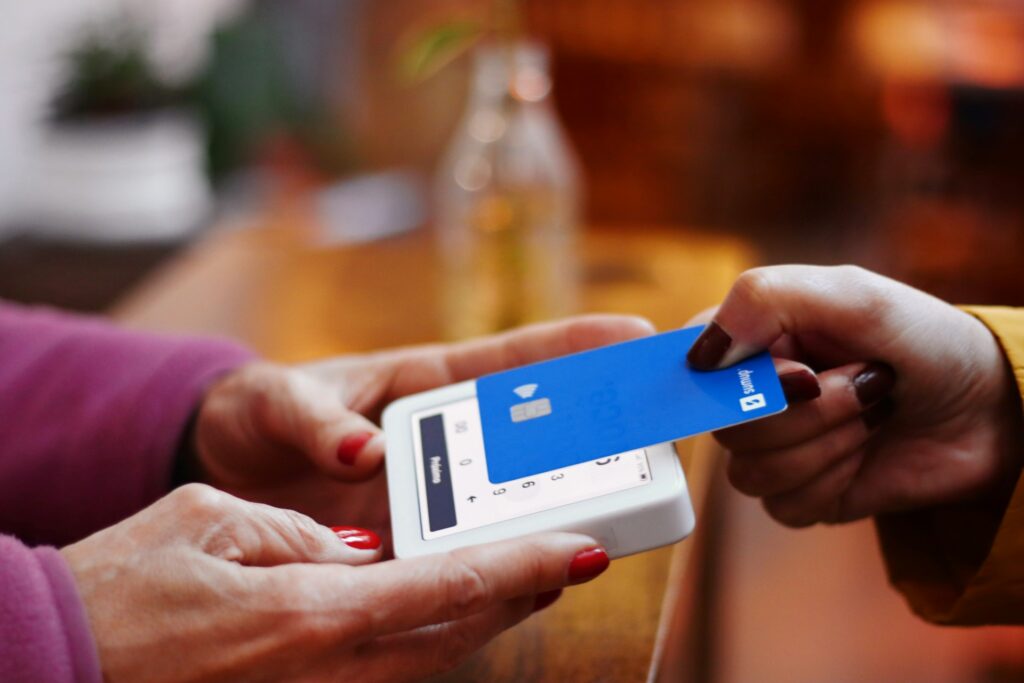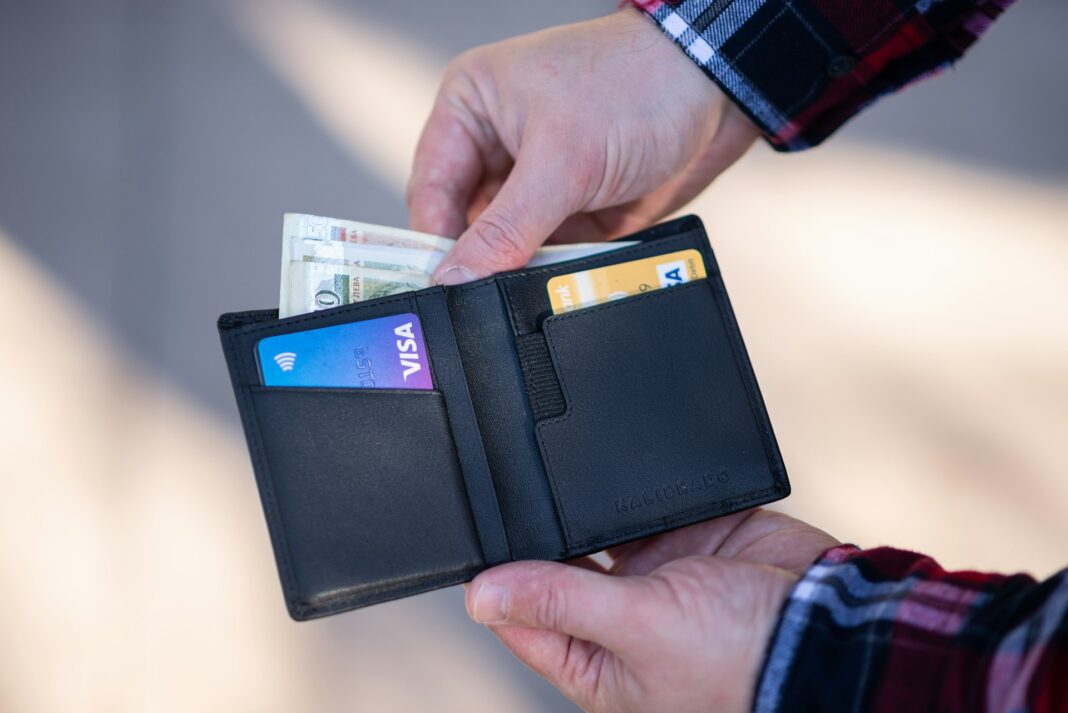Using credit cards makes shopping and bill payments infinitely more convenient than checks or cash. Paying with a credit card often simplifies the entire purchasing process and compiles all your expenses into one monthly bill. This allows you to make a single payment to cover your entire month’s expenditure.
However, swiping your metal or plastic credit card may sometimes seem like you are spending more money than the actual dollars. It is a normal feeling and research reveals that people are more likely to spend substantially more money when they pay using credit cards than when using cash.
This makes sense. Money, particularly cash, is a tangible piece of paper with a significant value attached to it. The moment you spend it, you have less of that value in your wallet. When paying in cash, you see this and process it in your mind. But with the increasing adoption of mobile wallets, and peer-to-peer payment systems such as Venmo, and credit cards, transactions may be less transparent.
Does this mean you are likely to spend more? What do studies say and how can you stay in control of your spending even when using credit cards?
Psychology of Credit Card Spending
According to the Experian Consumer Credit Review, Americans carried an average credit card balance of $6,501 in 2023. When it comes to paying with credit cards, it’s to convince yourself, even unknowingly, that you are not spending real money.
Technically, this is correct because you are borrowing money that you will need to pay it back eventually. However, the promise of minimum payments often makes credit card purchases seem like bargains. Unless you start paying your credit card debt immediately, you will not feel the pain of your bill for almost a month.
Several behavioral economics studies confirm this. One of these studies was done by Duncan Simester and Drazen Prelec (professors at MIT – Massachusetts Institute of Technology). During the study, randomly chosen participants were offered the chance to purchase highly desirable, sold-out basketball game tickets.
Half of the study participants were to pay for the tickets in cash. The other half were allowed to pay for the tickets using credit cards. The study findings show that those who were allowed to pay using credit cards were willing to pay more than 2 times as much on average as the participants who were allowed to pay using cash. That means they were ready to pay a 100% premium for the chance to purchase now and pay later.
Another similar study was done by Dun & Bradstreet. During the study, the company found that buyers spend 12% to 18% more when using their credit cards than when paying in cash. Also, the Federal Reserve Bank of Boston unraveled an even sharper disparity between non-cash and cash transactions. According to the bank’s 2016 report, the average value of a non-cash transaction was $112 compared with $22 for cash transactions. This is a 409% difference.
Real-world data points and other older studies also support the idea that you are likely to spend more money when using credit cards than cash. According to a study published in the Journal of Applied Psychology, diners tipped an average of 4.3% more when they saw the credit card logo on the tray that held their bill. Similarly, McDonald’s once reported that the average ticket was $7 when people paid using a credit card compared to $4.5 for cash.
Amy Finkelstein, an economist from MIT, published a research paper that showed states with highway tolls often increased the toll amount once they installed an automated collection system, like EZ-Pass. According to the study, the states could charge higher because the consumers wouldn’t ‘feel’ the electronic transactions the same way they would when paying in cash.
Do Credit Cards Equal Happiness?

If you have ever shopped at Amazon at 3 am, you probably know this very well. Studies have shown that consumers may be willing to spend more when charging their purchases. This makes sense that credit cards may be ripe for impulse buying. And for most impulse buyers, shopping could be a way to elevate mood, according to an article published in Psychology Today.
According to this article, impulse buyers may like a product and often experience the pleasure of being able to get it immediately and go home with it. Unfortunately, some of them cannot resist the urge to buy a product and do so even without considering whether it’s expensive or frivolous.
There’s also ‘payment coupling,’ which refers to the time difference between the moment you decide to buy a product and the time you pay for it. With credit cards, you don’t pay for a product the moment you acquire it. That means it’s less psychologically painful to spend your money in the future to pay for something you currently have.
Competitors to Cash
Cash has been widely considered the ‘king.’ However, 2018 marked a pivotal period for this crown: For the first time, the Automated Clearing House debit transactions outnumbered the check payments. Meanwhile, Venmo is widely considered a Millennial’s favorite peer-to-peer payment option. This system processed about $31 billion in payments during the first quarter of 2020. This was a sharp 48 per cent increase year over year.
The Positive Side of Credit Cards
Despite the potential to make you spend more, credit cards are still associated with a long list of checkmarks on the ‘pros’ side. If only you can stick to your budget and clear your full credit card bill on time every month, you can use it for all possible expenses.
First, thanks to the 0% liability protection most credit card issuers provide and federal fraud protections, it’s safer to carry your credit cards than debit cards or cash. Some credit cards also come with consumer protection options such as insurance and extended warranties. Besides, proper use of your credit cards allows you to build an impressive credit score and history. You can also earn rewards while you are using them.
There are times when you may be out of options. Perhaps you don’t have enough cash or you encounter an emergency in your financial picture. In that case, a credit card might be your only option. Some businesses rarely accept cash for different reasons such as employee and customer safety.
Ultimately, credit card spending is a good thing if used responsibly. If you treat your credit card like cash and swipe only the amount you are sure you will pay back on time and in full, you can enjoy many benefits of credit card spending.

